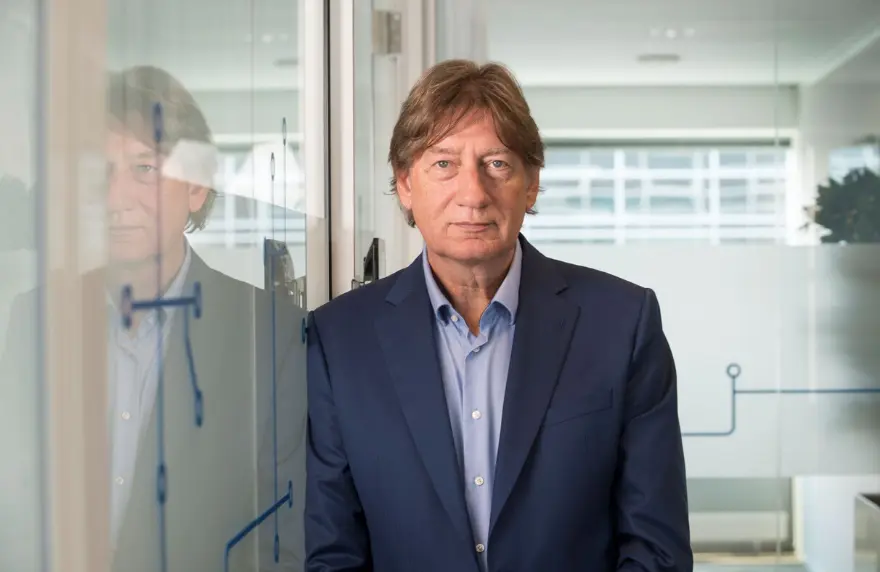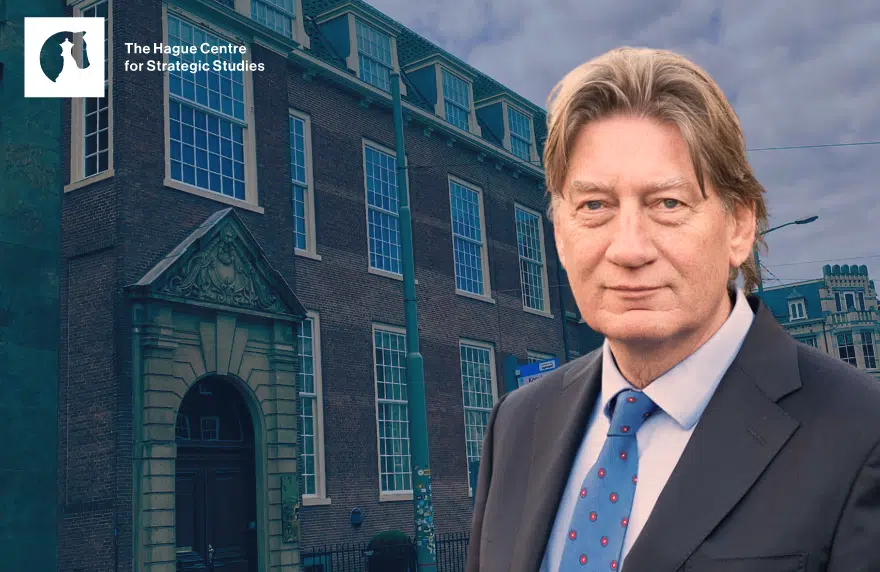Terwijl de Amerikaanse minister van buitenlandse zaken Blinken de scherpste randjes van de relatie met China trachtte te halen, presenteerde Brussel de contouren van een plan om Europa minder kwetsbaar voor dat land te maken. Zonder China bij naam te noemen overigens.
Blinkens bezoek en het nieuwe Brusselse plan laten zien hoezeer gevreesd wordt dat China de nieuwe leider van de wereld wordt. Maar Wang Yi, de hoogste Chinese buitenlandfunctionaris, vindt dit onzin en zegt dat niemand daarvoor hoeft te vrezen.
Blinkens bezoek past in de voorzichtige stapjes die de Amerikanen al enige tijd op de de-escalatieladder aan het zetten zijn. Daarin past niet dat president Biden Xi daags na Blinkens bezoek alweer een dictator noemde.
Controversieel Brussels plan
In Japan, tijdens de recente G7-bijeenkomst, drukten de Amerikanen geen teksten door over ‘de-coupling’ van de Chinese economie met de rest van de wereld. President Biden sloot zich aan bij het Europese jargon van ‘de-risking’, gericht op het voorkomen van te grote afhankelijkheden van China.
Het zojuist voorgestelde Brusselse plan past daar naadloos in. Brussel wil meer controle over buitenlandse investeringen in Europa, zodat hier geen gevoelige technologieën kunnen worden opgekocht. Het wil ook betere samenwerking op het gebied van exportcontroles en het screenen van investeringen in derde landen. Dat laatste is controversieel, omdat Brussel dan zeggenschap krijgt over de vraag in welke landen Europese sleutelindustrieën hun activiteiten mogen ontplooien.
Opmerkelijk is, dat Amerika tegelijkertijd juist een versoepeling van exportbeperkingen aankondigde, waardoor Taiwan en Zuid-Korea met behulp van Amerikaanse gereedschappen hun halfgeleiders in China mogen produceren.
Klap van apocalyptische proporties
Iedereen loopt op kousenvoeten, niemand wil ruzie met China. Centraal staat de vraag naar chips of halfgeleiders. Europa koopt 60 procent van zijn ‘gewone’ en 90 procent van de geavanceerde halfgeleiders van de Taiwanese fabriek TSMC.
Als door een conflict tussen China en Taiwan TSMC niet meer zou produceren, loopt niet alleen de Europese Unie maar ook Amerika een economische klap op van apocalyptische proporties. Het gaat niet alleen om die fabriek. China domineert ook de grondstoffenmarkt voor bijvoorbeeld zeldzame aardmetalen die essentieel zijn voor de fabricage van halfgeleiders.
Brussel en Washington lijken eindelijk te beseffen dat ze afhankelijk zijn. Dit dwingt tot matiging in de relatie met China en zo nodig tot concessies. Dat verandert pas als Europa en Amerika een eigen halfgeleiderindustrie hebben opgebouwd. De aangekondigde bouw van een Intelfabriek in Duitsland en het besluit van TSMC om een fabriek in de Verenigde Staten te bouwen zijn daarom van geopolitiek belang.
De winnaar bepaalt de wereldorde
Voor Biden is deze strijd belangrijker dan het gedoe met Rusland dat zo nodig een oorlog in Europa moest ontketenen. Want achter de technologische strijd met China schuilt de vraag wie de nieuwe industriële revolutie gaat winnen: de wedloop om data, kunstmatige intelligentie, supercomputers, sneller internet en robotisering.
De winnaar, zo blijkt uit alle vorige industriële revoluties, bepaalt de wereldorde. Een overwinning van het autocratische en staatskapitalistische China, met zijn totaal andere waarden en opvattingen, is voor de Amerikanen en Europeanen een nachtmerrie. Toch moeten ze wel bouwen een werkbare relatie met de opkomende supermacht.
Rob de Wijk, Trouw, 23 juni 2023
Rob de Wijk is hoogleraar internationale relaties en veiligheid aan de Universiteit Leiden en oprichter van het Den Haag Centrum voor Strategische Studies (HCSS). Hij schrijft wekelijks over internationale verhoudingen. Lees zijn columns hier terug.






